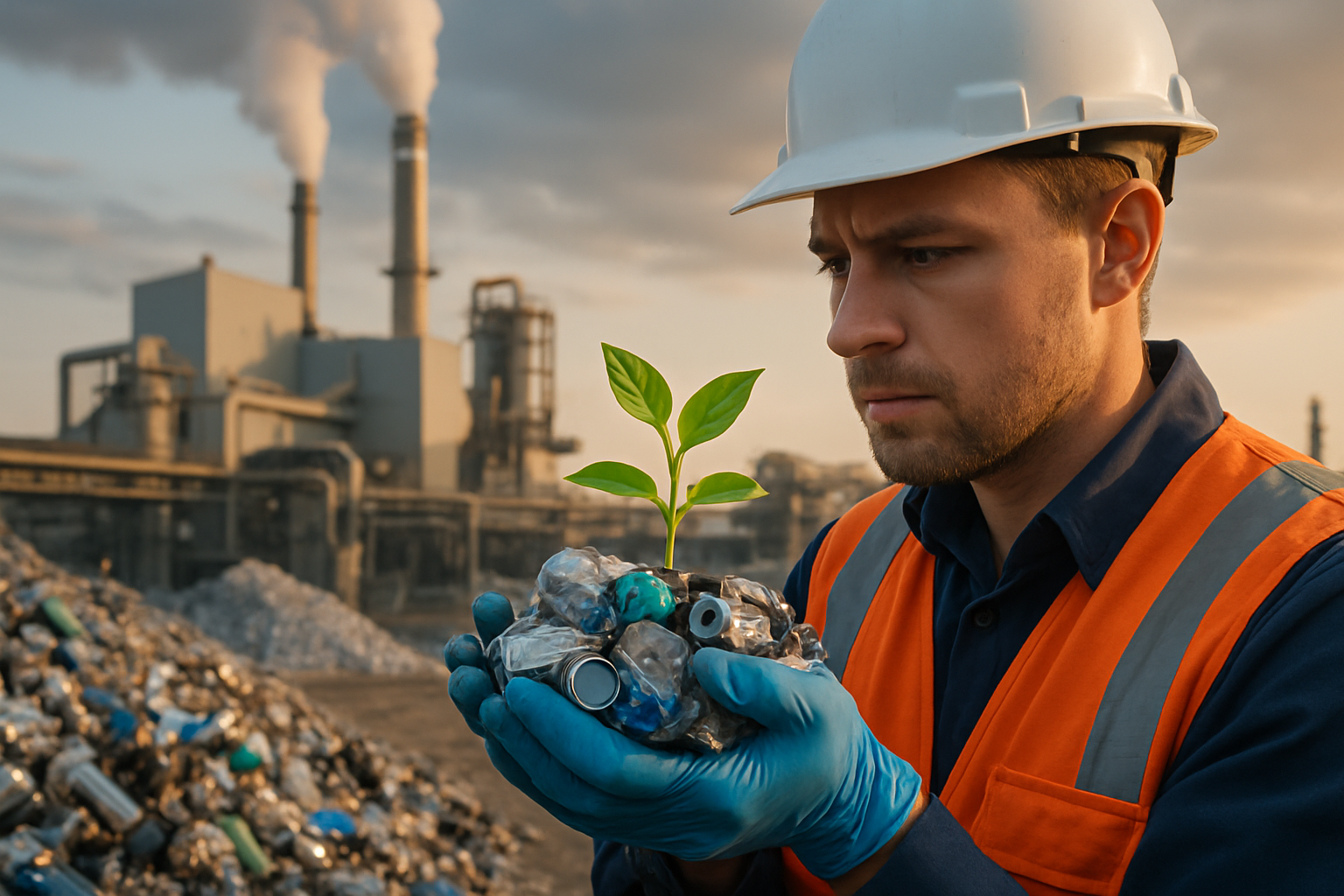Waste Collection and Processing Career Framework
The waste management industry offers diverse career opportunities ranging from collection and transportation to recycling operations and environmental compliance. This growing sector provides stable employment across various skill levels, from entry-level positions requiring minimal experience to specialized roles demanding technical expertise. Understanding the different pathways available can help job seekers identify positions that match their interests and qualifications while contributing to essential environmental services.

The waste management sector encompasses a broad range of professional opportunities that support environmental sustainability and public health. Workers in this field handle everything from residential garbage collection to complex hazardous material processing, making it an essential industry with consistent demand for qualified personnel.
Exploring Career Paths in the Waste Management Industry
The waste management industry offers multiple career trajectories across different specializations. Collection services represent the most visible aspect, involving truck drivers, route supervisors, and equipment operators who gather waste from residential and commercial locations. Processing facilities employ sorting specialists, machinery operators, and quality control technicians who separate recyclable materials and prepare waste for disposal or conversion.
Environmental compliance roles focus on regulatory adherence, requiring specialists who monitor waste treatment processes and ensure facilities meet federal and state environmental standards. Administrative positions include dispatchers, customer service representatives, and facility managers who coordinate operations and maintain client relationships.
Understanding Work Opportunities in Waste Management
Work opportunities span across public and private sectors, with positions available in municipal departments, private waste collection companies, recycling centers, and specialized hazardous waste facilities. Many roles offer advancement potential, allowing workers to progress from entry-level positions to supervisory or technical specialist roles.
The industry values both formal education and hands-on experience. Some positions require commercial driving licenses, while others benefit from environmental science backgrounds or mechanical aptitude. Many employers provide on-the-job training, making the field accessible to workers transitioning from other industries.
Shift patterns vary significantly, with collection routes typically starting early morning, while processing facilities often operate multiple shifts to maximize efficiency. Some positions involve outdoor work in various weather conditions, while others are based in indoor facilities or office environments.
What to Know About Entry-Level Roles in Waste Management
Entry-level positions typically include collection crew members, sorting line workers, and general laborers at processing facilities. These roles usually require physical stamina, basic safety training, and willingness to work in industrial environments. Many entry-level positions offer competitive starting wages and benefits packages.
Training programs often cover safety protocols, equipment operation, and environmental regulations. Workers learn proper lifting techniques, hazardous material identification, and emergency response procedures. Some employers partner with community colleges to provide certification programs that enhance career advancement opportunities.
Entry-level workers can expect regular performance evaluations and opportunities for skill development. Many companies promote from within, creating clear pathways for career progression based on experience, additional training, and demonstrated competency.
| Position Type | Typical Requirements | Advancement Potential |
|---|---|---|
| Collection Crew Member | Physical fitness, CDL preferred | Route supervisor, driver |
| Sorting Line Worker | Basic training, attention to detail | Quality control, equipment operator |
| Equipment Operator | Mechanical aptitude, safety certification | Maintenance technician, supervisor |
| Customer Service Rep | Communication skills, computer literacy | Account manager, dispatcher |
| Environmental Technician | Environmental science background | Compliance specialist, facility manager |
Career development in waste management often involves cross-training across different operational areas. Workers might start in collection services and transition to facility operations, or begin in sorting roles and advance to equipment maintenance. This flexibility allows individuals to explore various aspects of the industry while building comprehensive skill sets.
The industry’s emphasis on safety creates opportunities for workers to become certified trainers or safety coordinators. Environmental regulations continue evolving, creating demand for specialists who understand compliance requirements and can implement new procedures across operations.
Waste management careers offer stability due to the essential nature of these services. Communities require consistent waste collection and processing regardless of economic conditions, providing job security that appeals to many workers. The industry’s focus on sustainability and environmental protection also attracts individuals interested in contributing to positive environmental outcomes.
Professional development opportunities include industry conferences, certification programs, and specialized training in areas like hazardous waste handling or recycling technology. Many employers support continuing education, recognizing that skilled workers contribute to operational efficiency and regulatory compliance.
The waste management industry continues adapting to new technologies and environmental standards, creating opportunities for workers willing to learn and grow with changing industry demands. This evolution ensures that careers in waste management remain dynamic and relevant to modern environmental challenges.




